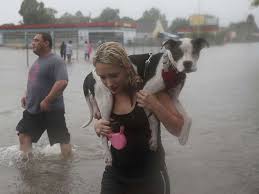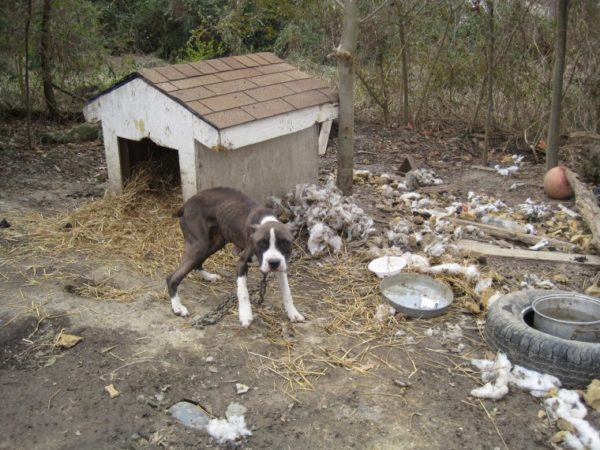In times of crisis, people are often told to leave their homes for a “short time,” only to find that they cannot return for days or even weeks. As a result, community animal shelters are overwhelmed with lost and separated pets following a disaster.
“Helping our residents and pets during an emergency is extremely important to our organization.” Said Patty Quimby, Executive Director of Talbot Humane. “The Talbot Animal Disaster Services Team has been in place and ready to assist our residents during weather or other catastrophic emergencies where an emergency shelter would need to be opened since 2010. Providing the tools to our residents to be prepared in the event of an emergency is a priority.” Quimby adds, “Preparedness saves lives.”
Talbot Humane suggests families build a Pet Emergency Go-Kit and store it with the rest of the family’s emergency preparations:
- Basic first aid supplies
- A 3-day supply of bottled water and the pet’s preferred food, held in a waterproof container
- Safety harness and leash
- Waste clean-up supplies
- Medications and a copy of the pet’s medical records
- List of veterinarians and local pet care organizations
- List of the pet’s feeding routine and any behavioral issues
- Comfort items, such as a blanket or favorite toy, to help keep the pet calm and comfortable
They also recommend the following Tips to Help Ensure Your Pet’s Safety in an Emergency:
- Ensure your pet’s identification by using a microchip or collar ID tag, and make sure that your contact information is up-to-date.
- Display a pet rescue decal on your front door or window to let first responders know there is a pet in the house. Include your veterinarian’s contact information.
- Learn where your pet likes to hide in your house when frightened. Finding your pet quickly will help you evacuate faster.
- Identify a location to take your pet if you need to leave your immediate area. Keep in mind that disaster shelters for people may not be open to pets. Scout hotels and motels with pet-friendly policies and ask relatives or friends if they could house you and your pet.
- Carry a picture of your pet in the event of separation.
- If you need to evacuate, consider taking a pet carrier or crate for transport and safe-keeping.
For more information on emergency preparedness for your family and your pets you may visit ready.gov , HillsPet.com/PetPrepared, or contact Talbot Humane at 410-822-0107.

 According to the National Council on Pet Population Study and Policy (NCPPSP), less than 2 percent of cats and only 15 to 20 percent of dogs are returned to their owners. This is a sad statistic, but it’s true! Your dog and cat cannot tell us their name, address or phone number- that is without your help!
According to the National Council on Pet Population Study and Policy (NCPPSP), less than 2 percent of cats and only 15 to 20 percent of dogs are returned to their owners. This is a sad statistic, but it’s true! Your dog and cat cannot tell us their name, address or phone number- that is without your help!







 Did someone say “clear the shelter?” Well that is exactly what we are striving to do on July 15th- with your help of course! We are working to place our many deserving pets into loving homes at our Annual Summer Adopt-A-Thon. Talbot Humane has waived ALL adoption fees that day for pets in our care. Regional rescues and humane societies have been invited to show pets for adoption as well!
Did someone say “clear the shelter?” Well that is exactly what we are striving to do on July 15th- with your help of course! We are working to place our many deserving pets into loving homes at our Annual Summer Adopt-A-Thon. Talbot Humane has waived ALL adoption fees that day for pets in our care. Regional rescues and humane societies have been invited to show pets for adoption as well! 